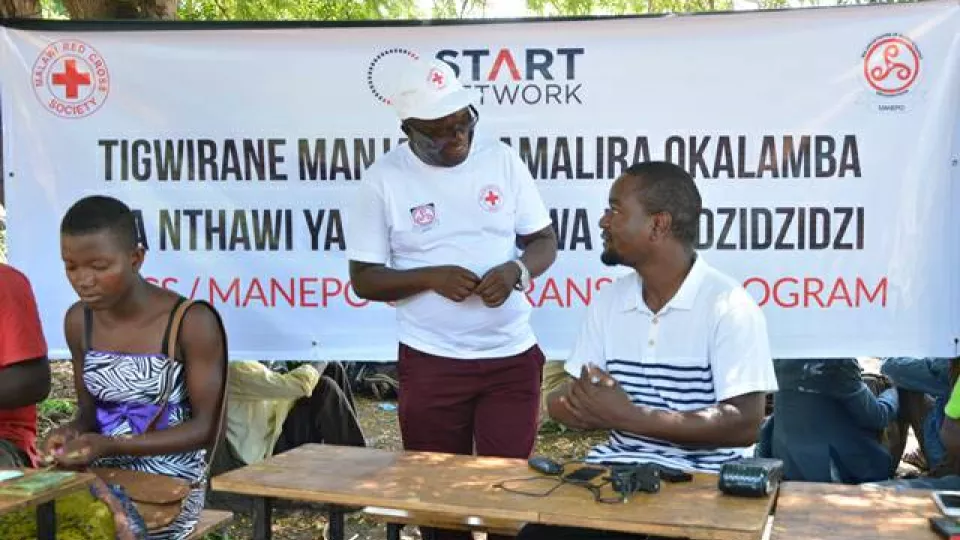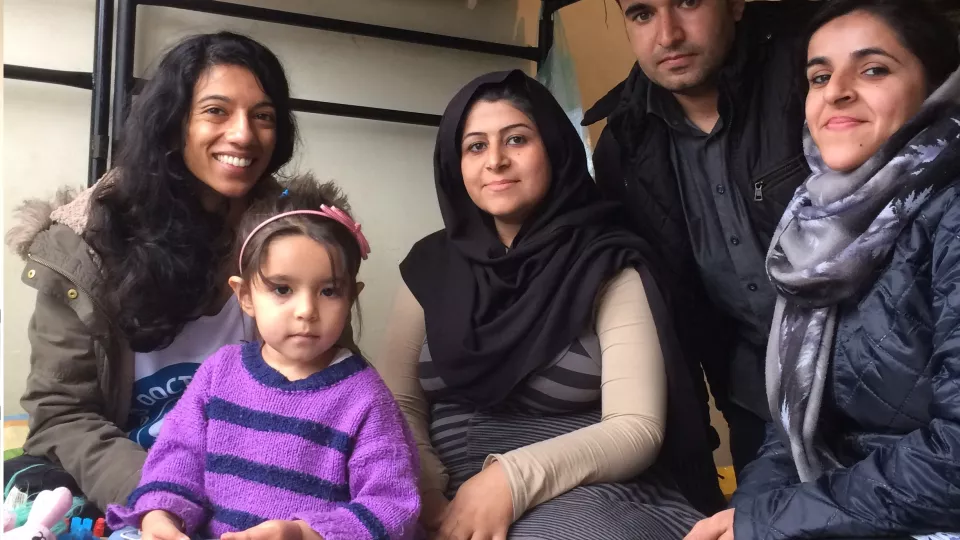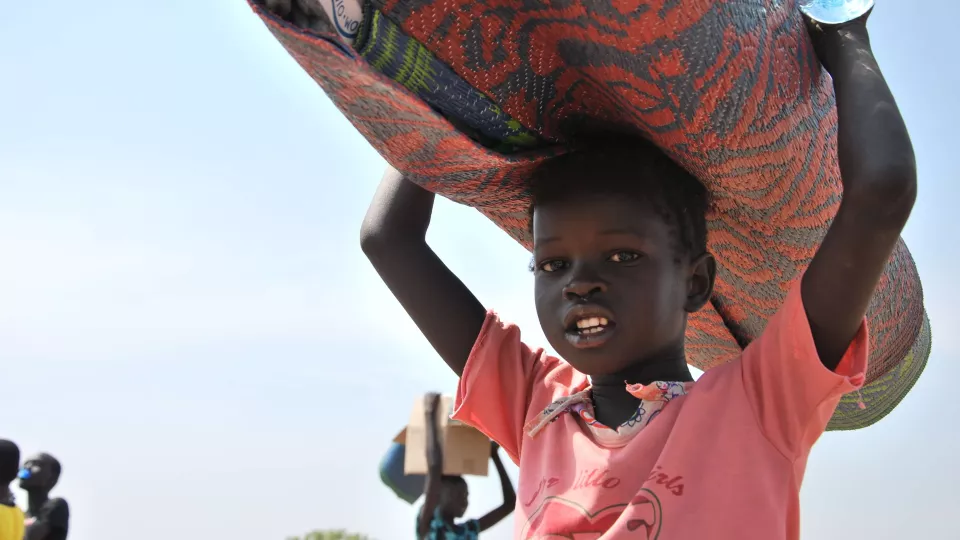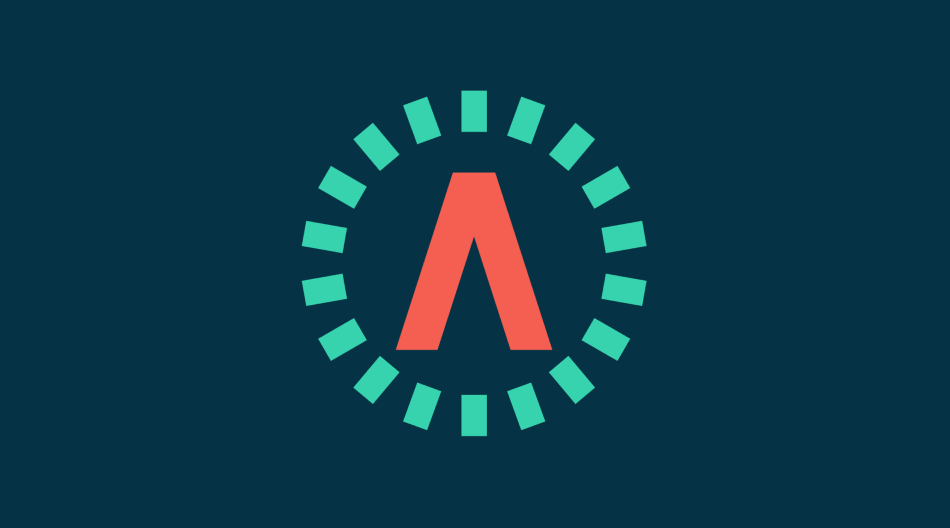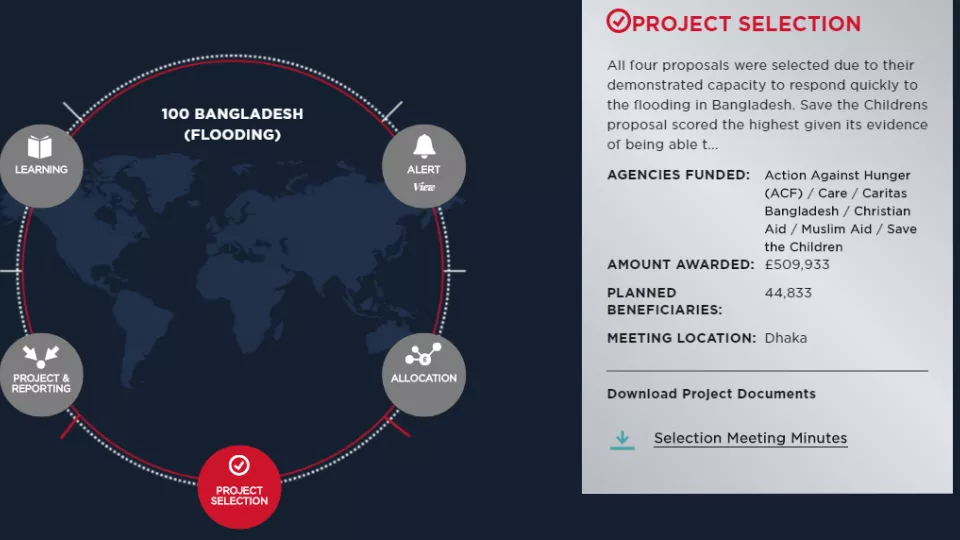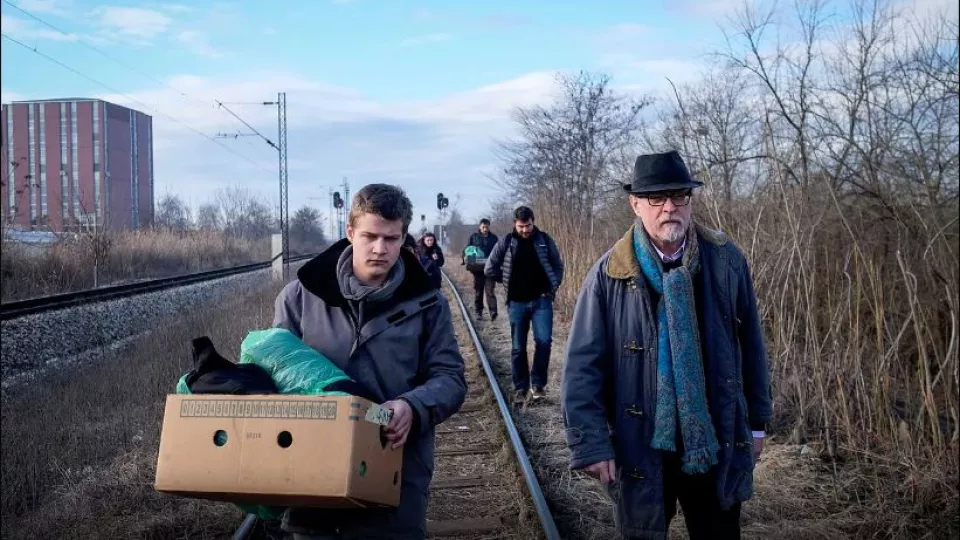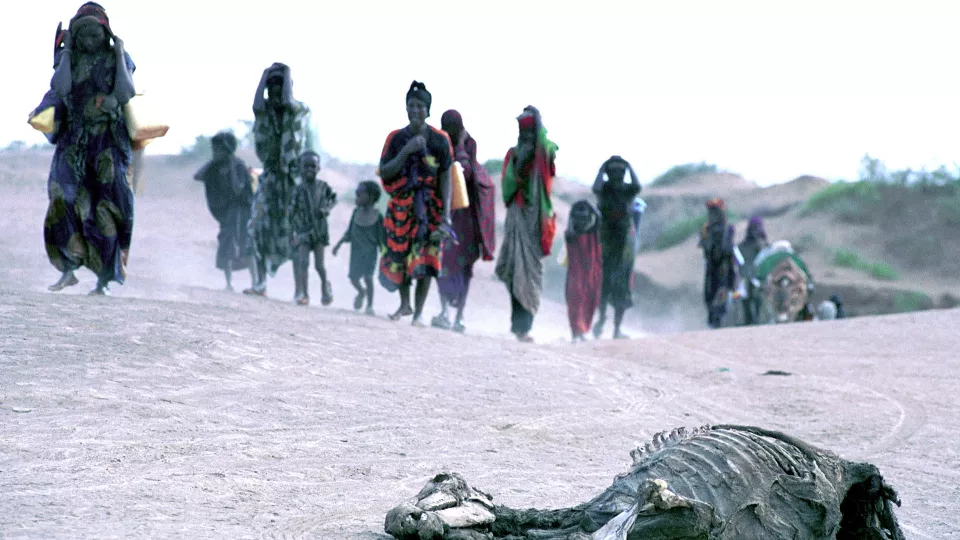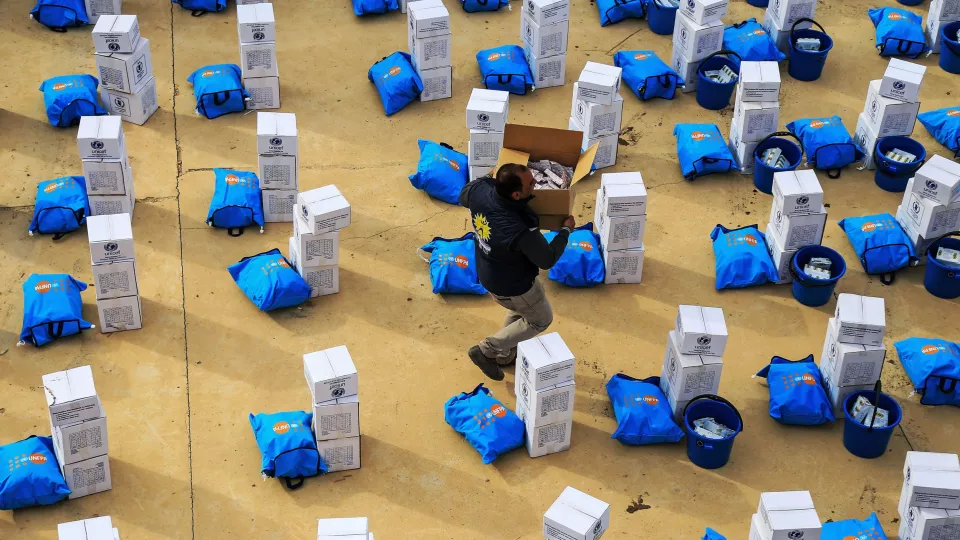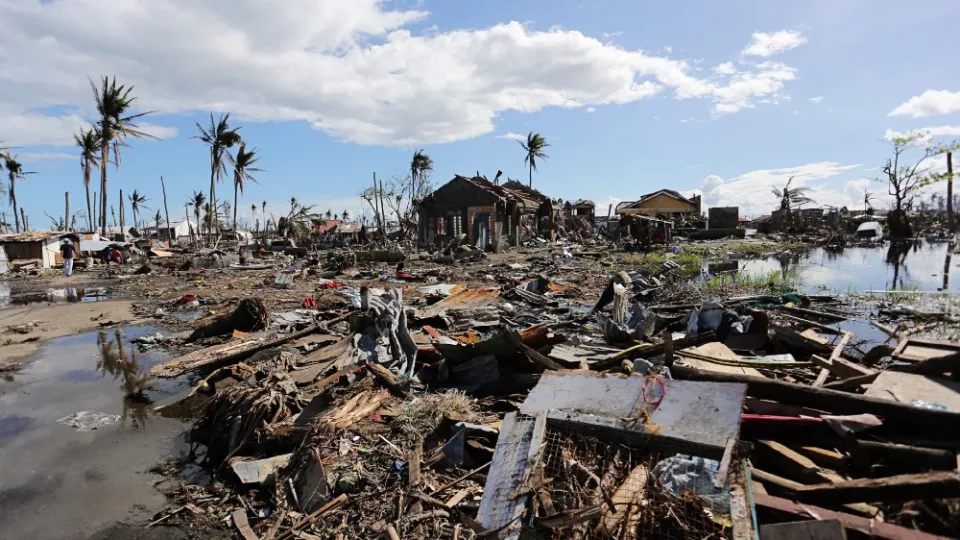An outbreak of Lassa fever that poses a risk to nearly a million people in northern Togo has become the focus of the 100th crisis response financed by the Start Fund.
News and blogs
In February, HelpAge International and Christian Aid led a cash-based response to assist flood victims in Malawi through the Start Fund. Here is a take on the story that made its way to one of the country's news sites, Malawi24.
Syamantha Asokan reports from the Harmanli refugee camp in Bulgaria, where Doctors of the World is the only medical organisation treating roughly 2,500 people through the MERF.
On its third anniversary, just as the Start Fund begins its 100th crisis response, Gloria Donate from Plan International UK, tells us about the very first response.
Follow in real time as Start Fund members tackle Lassa fever outbreak in Togo
Start Network has launched a new online platform that will allow its members, donors and the public to monitor humanitarian alerts as they happen, follow how money is spent and see how many people have been helped.
The tremendous challenges faced by refugees and migrants stranded at the border between Serbia and Hungary, and Oxfam's efforts to assist them.
Crisis Anticipation Adviser Luke Caley talks to the Guardian about the value of early response and the Start Network's efforts to shift humanitarian action from reactive to anticipatory.
Forget bitcoin and elections - blockchain technology is being applied to the business of saving lives. Christian Aid's Joe Ware explains how.
Start Network members have begun working with Pakistan’s disaster authority to develop a new way of funding preventative action, aimed at helping vulnerable families threatened by drought.
The first 72 hours after a disaster are crucial; response must begin during that time to save lives. Here are five things that the United Nations Office for the Coordination of Humanitarian Affairs aims to get right within, and prior to, the first 72…
The Start Network is setting up a £10 million rapid response fund, which will respond early and fast to under the radar emergencies in Bangladesh.


